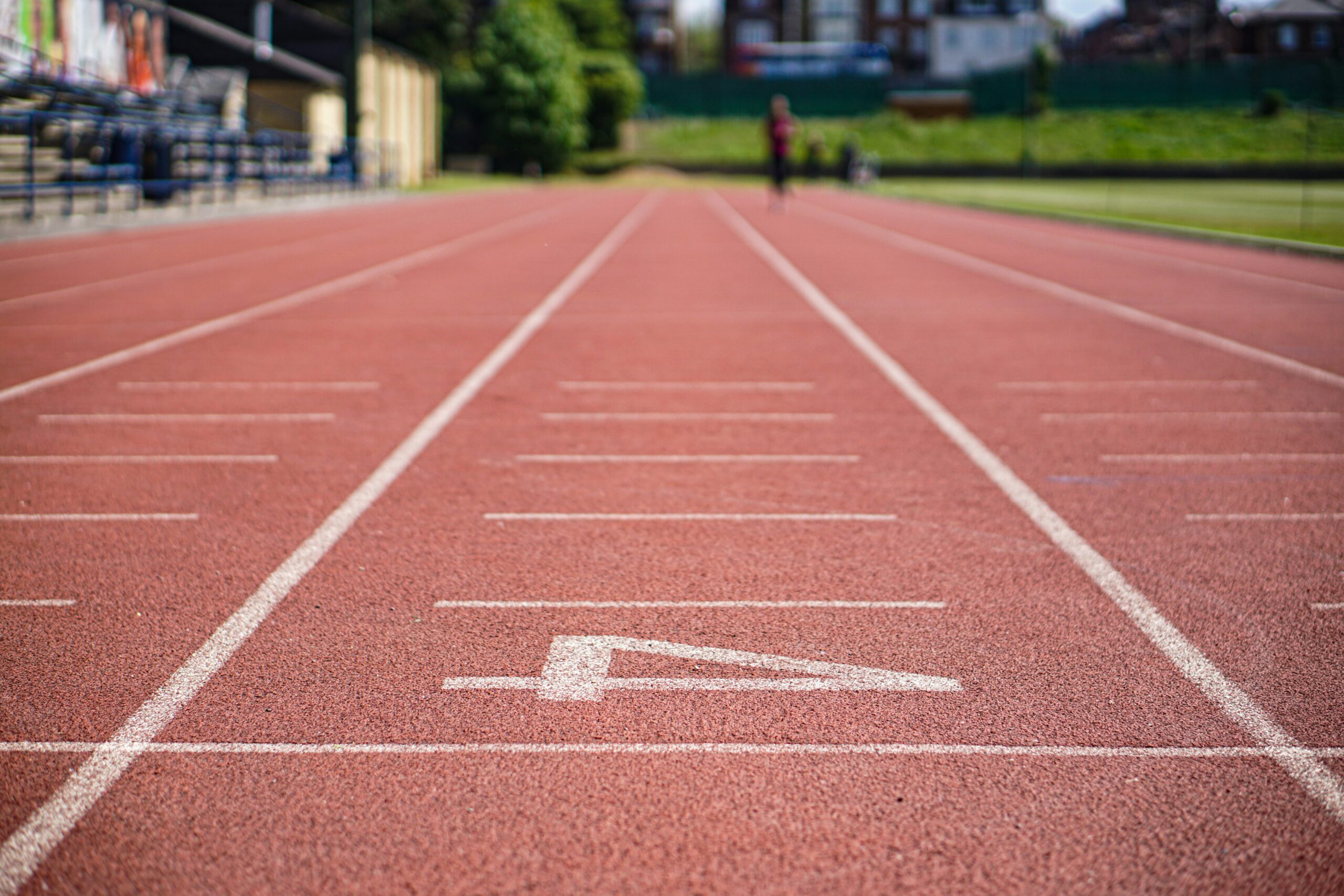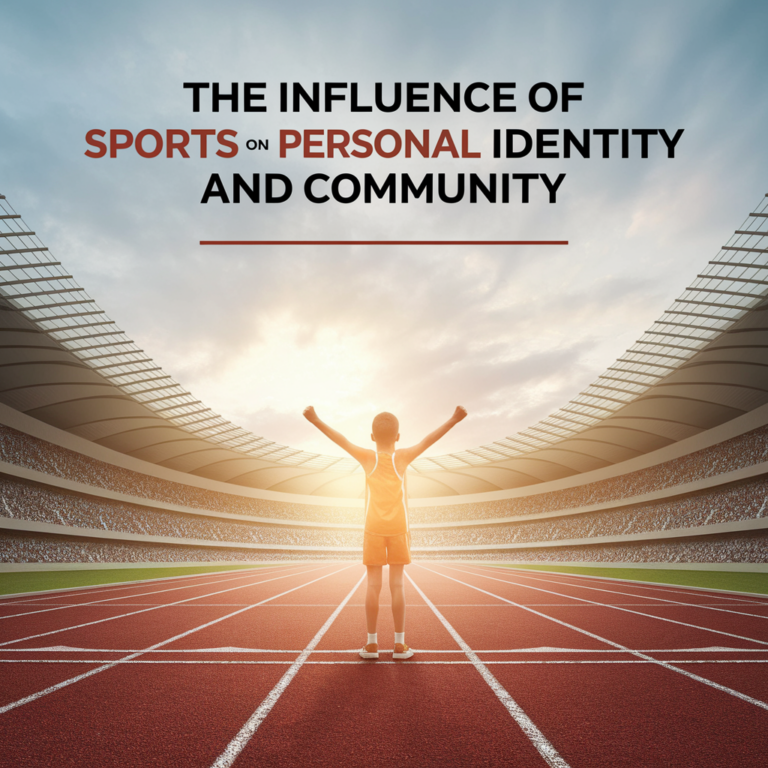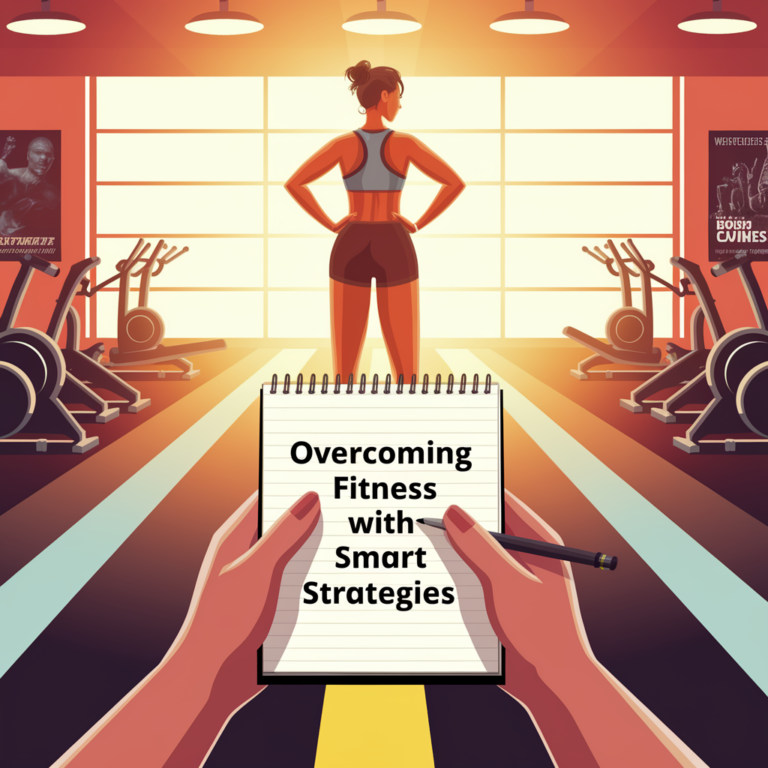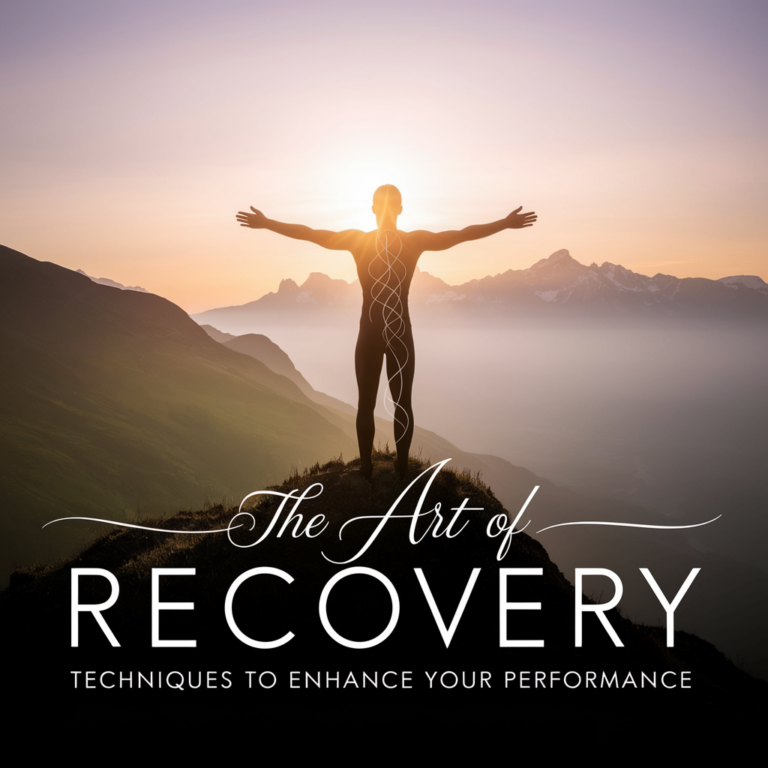Exploring the Intersection of Sports and Activism: Voices Making a Difference
You know, sometimes I sit back and think about how sports can unite us all. I mean, what’s better than gathering around a screen (or in a stadium, if you’re feeling adventurous) to cheer for your favorite team? There’s just something electric about the atmosphere—everyone’s hopes riding on a single play. But then, every so often, I’m reminded that sports aren’t just about the game. They can also be a powerful platform for activism, and boy, do some athletes know how to wield that power! It’s fascinating when you delve into the lives of these sports figures who’ve become voices for change.
The Power of Platform
Let’s get real for a moment. When athletes take a stand, they’re often risking a lot—sponsorships, fan loyalty, and sometimes even their careers. Yet, many choose to speak out on issues they care about, whether it’s racial equality, mental health, or climate change. You’ve got to admire that courage. I remember once watching an NFL game where players knelt during the national anthem. It sparked a heated debate that, honestly, still rumbles on today. But it was a moment that crossed the lines of sport and social justice, and it made me think: what kind of world do we want to live in?
Take Colin Kaepernick, for example. His decision to kneel was driven by a desire to bring attention to police brutality and systemic racism (and let’s not forget the backlash he faced). But it also ignited a movement that pushed many to rethink their perspectives. It’s like he opened a floodgate, encouraging other athletes to use their platforms for advocacy. And that’s just one story among many.
Voices of Change in Different Sports
Across various sports, we see athletes stepping up and speaking out. In basketball, LeBron James has been a vocal advocate for social justice. He’s not just shooting hoops; he’s using his influence to champion education reform and support marginalized communities. I mean, it’s impressive how he’s managed to build a school (yes, a real school) while still being a top player in the NBA. And, let’s be honest, who wouldn’t want to be a part of the “I PROMISE School” in Akron? I’d sign up for that field trip!
Then there’s Naomi Osaka in tennis, who has become an icon for mental health awareness. After withdrawing from the French Open to prioritize her mental health, she opened up a conversation that many athletes had been too afraid to touch. Honestly, how refreshing is it to see someone acknowledge their struggles and encourage others to do the same? It’s not just about winning trophies; it’s about human experience. I’ve noticed that her bravery resonated with so many, and it’s a reminder that vulnerability can be a strength.
Soccer and Global Issues
Soccer, or football, depending on where you’re reading from, has its own set of activists. Look at players like Marcus Rashford, who took on the UK government to ensure that children wouldn’t go hungry during school breaks. I mean, talk about a hat trick! He scored goals on the field and off it, pushing for policy change that affected real lives. It’s a beautiful thing to witness when an athlete extends their influence beyond the pitch, don’t you think?
And let’s not forget the women’s soccer team in the U.S. They’ve been at the forefront of the fight for equal pay. It’s been a long journey, but their determination has ignited a national conversation about gender equality in sports. And honestly, it’s about time. I mean, if I had to do the same job as someone else and get less money for it, I’d be pretty upset, too!
Challenges and Backlash
Of course, activism isn’t all rainbows and butterflies. Many athletes face backlash for their stances. Social media can be a minefield, and the comments sections can turn into a battleground. I once stumbled upon a thread about an athlete’s political views, and let me tell you, it was like watching a soap opera unfold—drama, accusations, and a sprinkle of outright absurdity. But here’s the thing: those who stand up often do so knowing they’ll face criticism. It’s like they’re saying, “I’d rather risk it all than stay silent,” and that’s a powerful statement!
The Role of Organizations
Organizations also play a significant role in amplifying these voices. Take the NBA, for instance. The league has actively supported players in their activism, from the “Black Lives Matter” message on courts to the creation of initiatives focused on social justice. It’s a step in the right direction, showing that sports can be a force for good. But, I’ve sometimes wondered—are they doing it because they genuinely care, or because it looks good for the brand? A little of both, perhaps?
The Ripple Effect: Inspiring Future Generations
One of the most beautiful aspects of sports activism is the ripple effect it creates. Young athletes are watching and learning. They see their heroes speaking out and standing tall, and it inspires them to do the same. I’ve noticed that many sports camps and youth programs now include discussions about social issues, encouraging young athletes to think critically about their roles in society. It’s like planting seeds for future advocates! How cool is that?
Balancing Activism and Performance
But then, as I ponder this, I can’t help but think about the balance athletes need to strike. They’re not just activists; they’re also competitors. It must be tough to juggle the pressure of performing at the highest level while simultaneously carrying the weight of social change on their shoulders. I mean, imagine trying to sink a game-winning shot while also thinking about your latest campaign for justice. Talk about multi-tasking!
And let’s be honest, some might argue that athletes should just stick to sports. But who decides what their roles should be? Are they not allowed to be multifaceted individuals? I’ve noticed that the more we try to box people into categories, the more we miss out on the richness of their experiences. So, let them play, let them speak, and let them inspire!
Looking Toward the Future
As we look ahead, the intersection of sports and activism is likely to become even more pronounced. With the rise of social media, athletes can reach vast audiences in seconds. They can galvanize support, raise awareness, and even mobilize movements with just a tweet or an Instagram post. It’s a double-edged sword, though, because it means they’re also under constant scrutiny. But isn’t that the price of making a difference? It’s a trade-off that many seem willing to accept.
Conclusion: A Personal Reflection
Honestly, I think it’s inspiring to see athletes stepping into the role of activists. They remind us that sports can be about more than just scores and stats. It’s about humanity, solidarity, and progress. I’m not an athlete myself, but I can appreciate the courage it takes to stand up for what you believe in, especially when the world is watching. So, the next time you’re watching a game, keep an eye out for those little moments where sports and activism collide. You might just find a voice that resonates with you—or even inspires you to take a stand of your own.
In the end, whether it’s on the field or off, we all have a part to play in making this world a better place. And who knows? Maybe one day, you’ll be the one inspiring change—maybe even while wearing your favorite team’s jersey!









